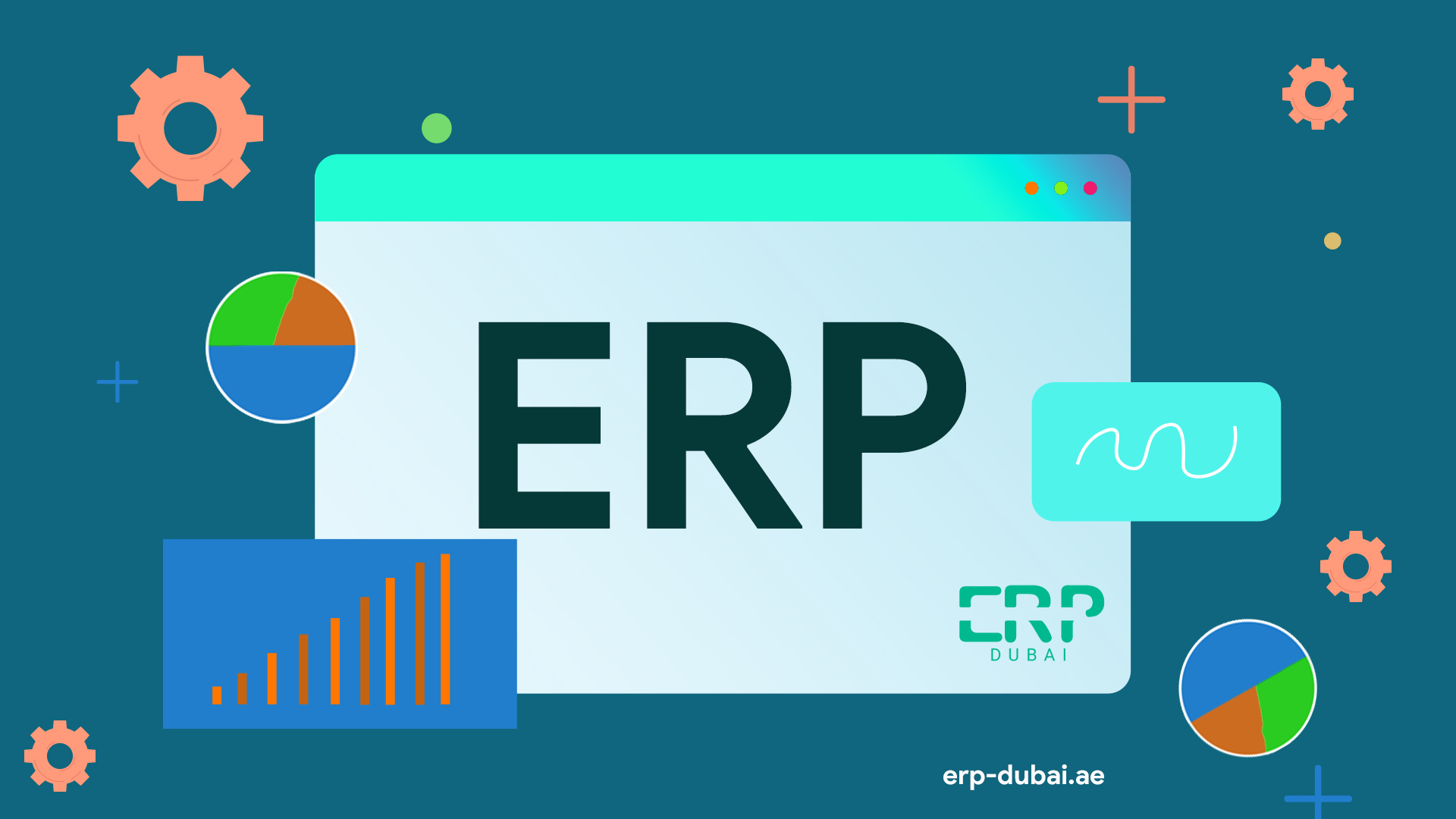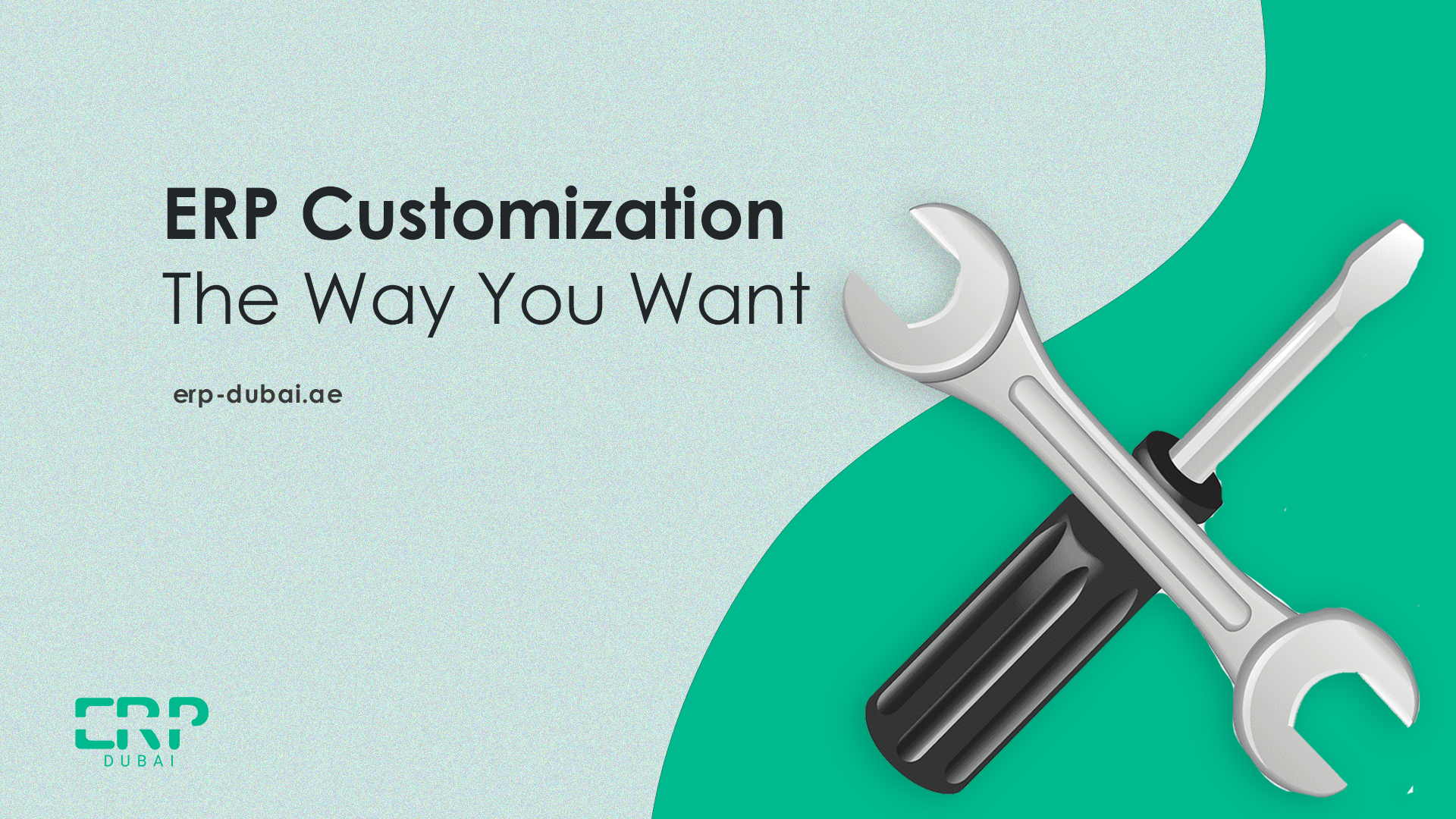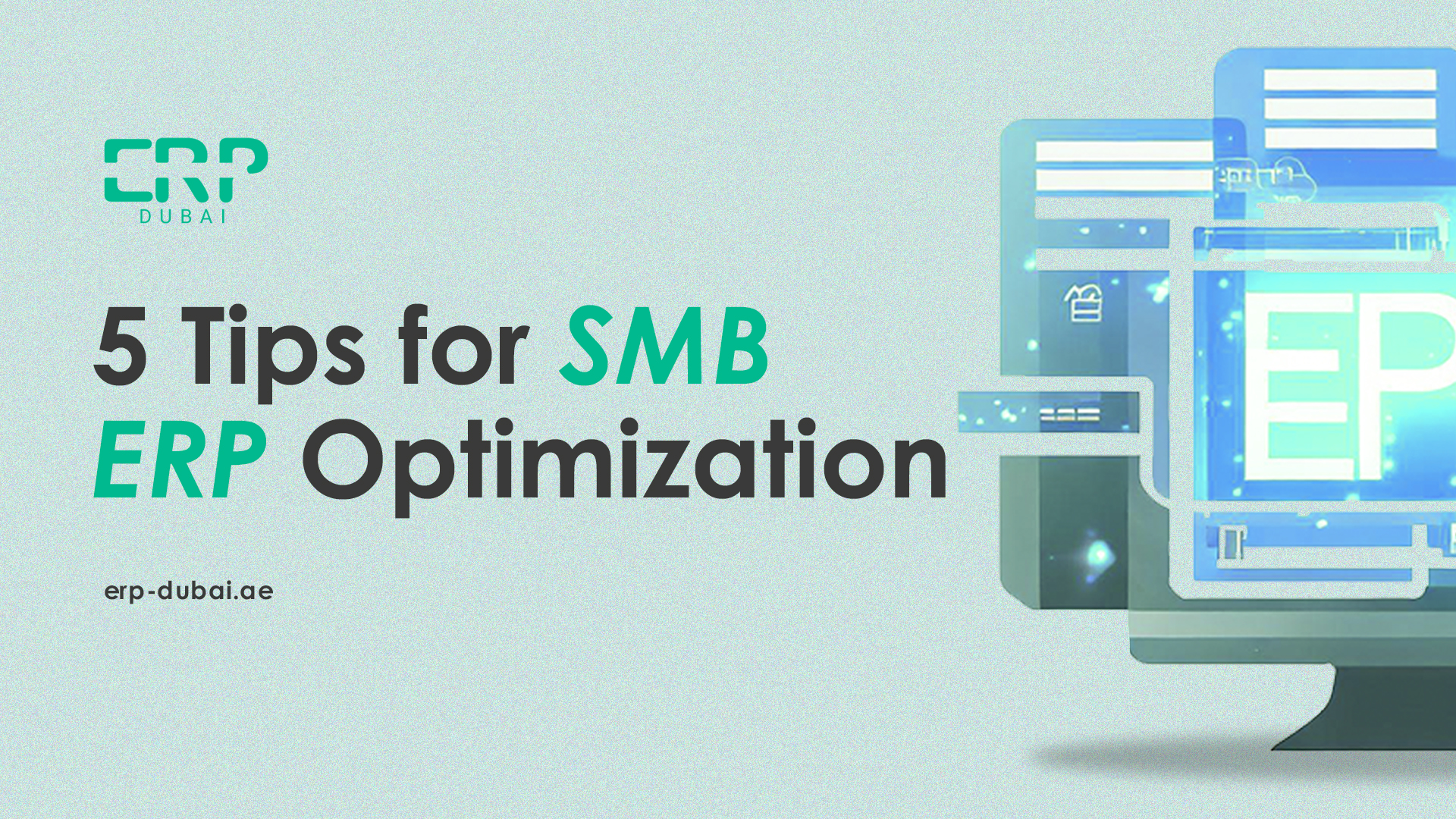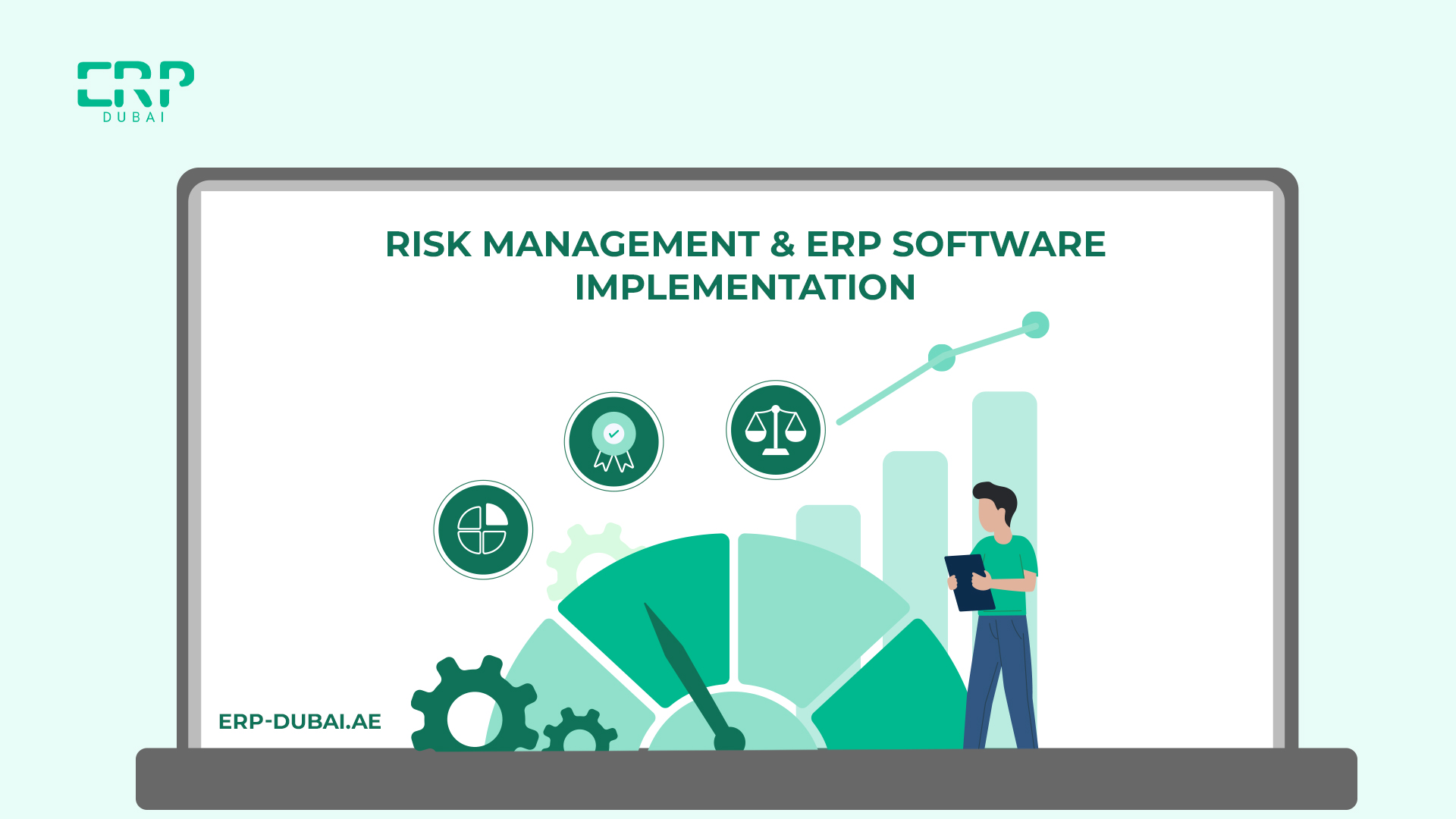No products in the cart.

The importance of proper ERP testing
A strategic approach that avoids pressing the “go-live button” too soon is necessary for an ERP implementation to be effective. This involves setting aside time to perform ERP software testing at important turning points. Why should you spend time on ERP testing when there are so many other things to think about?
Enterprise resource planning (ERP) software has become crucial for companies of all sizes. By combining numerous activities into a single, centralized system, ERP systems altogether help businesses in streamlining their operations. ERP software can manage every aspect of business, including financial, manufacturing, and customer relationships.
Enterprise resource planning software is essential to corporate operations, so it’s imperative to make sure of the proper testing of the system before going live. Effective ERP testing may help in locating potential problems. And also ensures that the software is properly working. Hence, it saves businesses time and money.
In this blog post, we’ll discuss the importance of proper ERP testing and some best practices for testing ERP systems.
Why is proper ERP testing important?
Identifying potential issues
An advanced system, ERP software integrates numerous processes into a single, unified system. The system can change in ways that are not always apparent, and this can have an impact on other processes as well. When the system goes live, proper Enterprise resource planning (ERP) testing can help detect potential issues, allowing organizations to address them before they become serious ones.
Ensuring data accuracy
For an ERP system to work well, the data must be accurate. However, Inaccuracies in processes like inventory management and accounting can result from inaccurate data. Therefore, It is possible to make sure that the data is correct and that the system is operating as intended by conducting proper ERP testing.
Enhancing user experience
ERP systems are designed to enhance business operations. But if they are difficult to use, then they could have the opposite impact. The user experience can be enhanced in several ways, such as by streamlining processes or enhancing navigation, and proper ERP testing can help discover these areas.
Reducing downtime:
An Enterprise resource planning system’s downtime, which can be expensive for enterprises, could result from improper testing. Downtime can occur due to system crashes, errors, or other issues that could have been identified and addressed through proper testing.
Best practices for ERP testing
Plan early
Planning should indeed include ERP testing from the beginning. Companies should define the testing’s scope, the resources needed, and the testing’s timeline.
Involve stakeholders
Employees, clients, and suppliers are just a few of the stakeholders that ERP solution have an impact on. To make sure that the system satisfies their needs and expectations, it is essential to include these stakeholders in the testing process.
Test in stages
ERP testing should be done in phases, starting with individual modules and progressively incorporating them into the broader system. This method can also assist in identifying problems at an early stage and preventing them from growing into more serious difficulties.
Use real-world scenarios
Enterprise resource planning testing should be done using realistic scenarios to ensure that the system can handle real-world events. This method additionally helps in finding problems that might not be obvious in a test environment.
Test data migration
A vital element in the ERP implementation process is data migration. Proper testing makes sure of the accurate migration of data and that the system can manage the data.
Conduct regression ERP testing
Because ERP systems are intricate, changes to one module can have a ripple effect on other modules. regression testing guarantees that system modifications have no negative effects on other processes.
Conduct load ERP testing
Load testing makes sure that the system can manage a lot of transactions. Before the system goes live, this testing can assist in identifying potential performance issues.
Bottom line
The success of an Enterprise resource planning implementation depends on proper Enterprise resource planning testing. It can help in problem-solving, data accuracy, user experience improvement, and downtime minimization. Companies should plan to test ahead of time, including stakeholders, conduct testing in phases, employ real-world situations, test data migration, perform regression testing, and perform load testing. Businesses can make sure that their ERP system is operating properly and providing the desired advantages by adhering to these best practices.
Get easy with ERP testing
Project managers today have a variety of tools to assist them in this pivotal point of ERP implementation, even though ERP testing can appear daunting.
Elate ERP software provides a tried-and-true method to streamline and enhance your organization’s ability to plan, execute, and track testing initiatives from beginning to end, from the moment you install it.
Elate ERP software also helps you more effectively manage your services. You can find your customers and prospects. You can build subscription plans for your services, schedule appointments, and plan maintenance tasks. Create relationships with devoted customers through a loyalty scheme, and schedule and charge for various tasks.
Are you interested in finding out more and experiencing its potent features for yourself? Email us right away, and we’ll set up a 14-day free trial for your company.
























